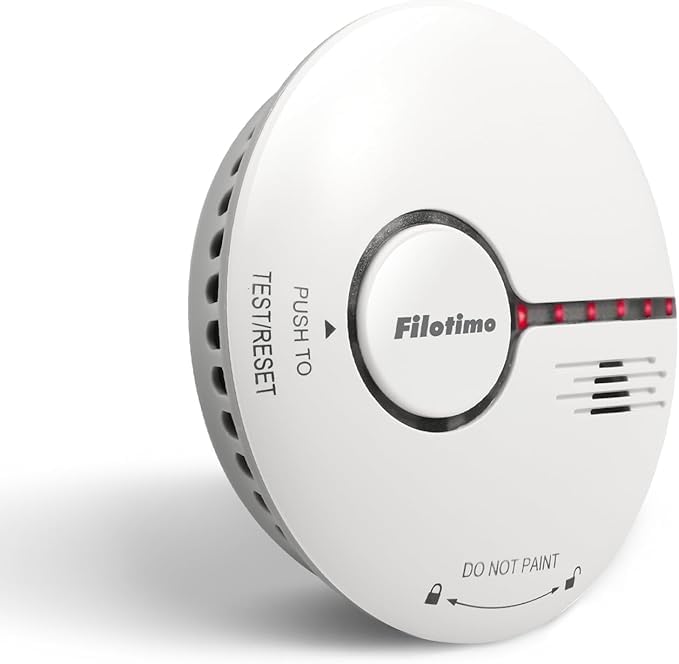Understanding the Process for Replacing a Fire Alarm System
Fire alarm systems play a crucial role in safeguarding lives and property. Over time, these systems can become outdated, unreliable, and ineffective, necessitating a replacement. Replacing your fire alarm system can be a complex and costly undertaking that requires careful planning and execution. Here are the steps involved in the process:
Evaluating Your Existing System
The first step in replacing your fire alarm system is to evaluate your existing system thoroughly. This process involves identifying the current system’s strengths, weaknesses, and limitations and determining whether it adequately meets your property’s needs. An experienced fire alarm system professional can perform a comprehensive evaluation and provide recommendations on the best replacement system options.
Designing the Replacement System
Once you understand your existing system’s limitations and requirements, the next step is to design a replacement system that meets your property’s unique needs. This process involves the development of a detailed system design that outlines the new system’s components, layout, and functionality. Your fire alarm system professional should work closely with you during this stage to ensure that the design aligns with your expectations, budget, and timeline.
Installation and Testing
The installation and testing phase is critical to the successful replacement of your fire alarm system. It involves the physical installation of the new system’s components, including fire alarm control panels, smoke detectors, heat detectors, and other critical elements. The installation process should conform to local codes and industry standards and be completed by experienced and licensed fire alarm system professionals. Once the installation is complete, the system should undergo comprehensive testing to ensure proper functioning and reliability.
Training and Maintenance
After the installation and testing of the new fire alarm system, it’s crucial to provide training to employees and maintenance staff, outlining the system’s proper use and maintenance procedures. Regular maintenance should be scheduled to prolong the system’s lifespan and ensure optimal functionality. Your fire alarm system professional should provide maintenance plans and schedules to help you remain compliant and prepared in case of emergencies.






